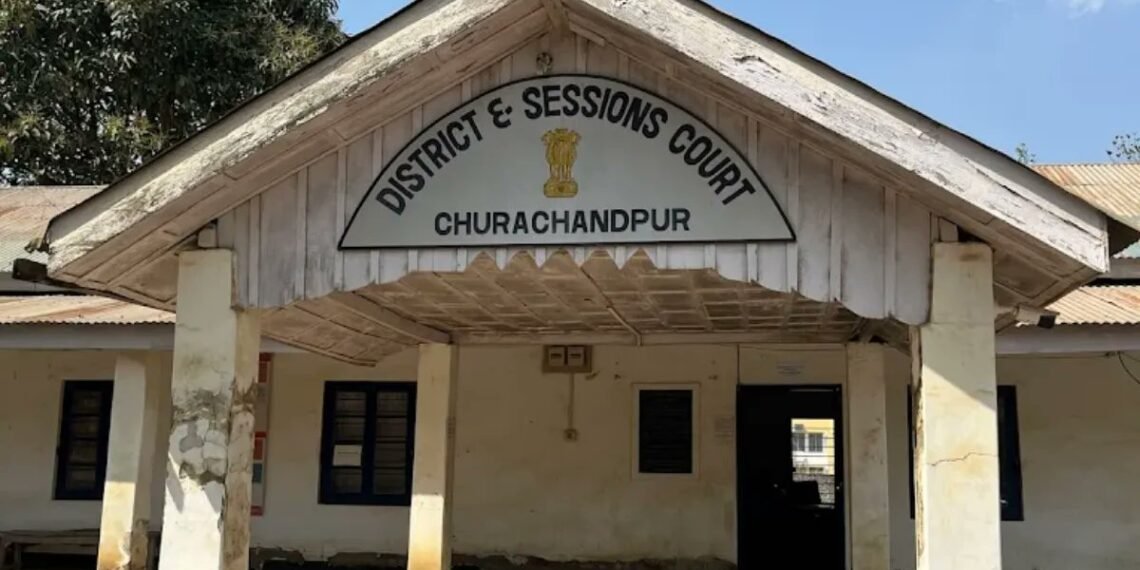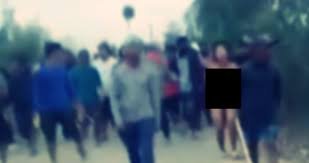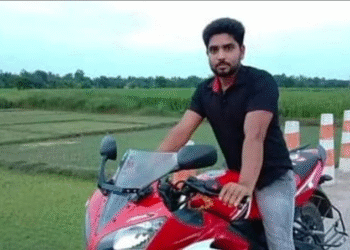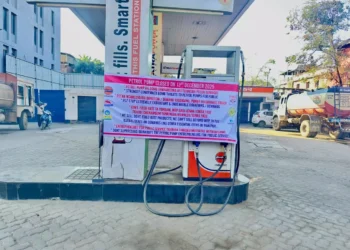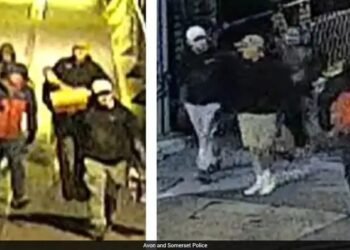A special National Investigation Agency (NIA) court has been designated in Manipur’s Churachandpur district to fast-track trials related to the state’s prolonged ethnic violence, including multiple cases of abduction, murder, and insurgent attacks.
BY PC Bureau
In a significant move aimed at addressing the ongoing ethnic unrest in Manipur, the Union Home Ministry has designated a special National Investigation Agency (NIA) court in the state. The court of the District and Sessions Judge in Churachandpur district has been formally notified as a special NIA court under Section 11 of the NIA Act, 2008, following consultation with the Chief Justice of the Manipur High Court. This court will have jurisdiction across the entire state and will specifically try cases investigated by the NIA related to ethnic violence.
The establishment of this court comes in the wake of widespread violence that erupted on May 3, 2023, following protests by the Kuki-Zo tribal community against a Manipur High Court recommendation to grant Scheduled Tribe (ST) status to the Meitei community. Clashes between the hill-dwelling Kuki-Zo groups and the valley-based Meiteis have since claimed at least 260 lives and displaced thousands.
READ: Myanmar Resistance Stands by Abduction, Torture Claims
In response to the escalating crisis, the Central Government imposed President’s Rule in Manipur on February 13, 2025, after Chief Minister N. Biren Singh resigned. The state assembly, whose term runs until 2027, has been placed under suspended animation. Since then, Governor Ajay Kumar Bhalla has been overseeing efforts to restore order, including attempts to reopen key roadways—though progress has been hindered by ongoing tensions.
The creation of the special NIA court is intended to expedite justice in several high-profile cases transferred to the agency due to the gravity of the crimes.
Key Cases Under NIA Investigation in Manipur
The NIA is currently investigating 13 cases related to the ethnic violence in Manipur. These include a series of brutal murders, attacks on security forces, and involvement of banned insurgent outfits. Here are some of the prominent cases:
1. Murder of Zosangkim in Jiribam (November 7, 2024)
-
Details: A 31-year-old tribal woman, Zosangkim, was raped, tortured, and killed in Zairawn village. She suffered 99% burns, with body parts mutilated.
-
Arrests: NIA arrested members of UNLF, KYKL, and PREPAK, including Sagolsem Sanatomba and Rajkumar Maipaksana, the latter nabbed in Kerala.
2. Attack on CRPF Post in Jakuradhor Karong and Borobekra (November 11, 2024)
-
Details: Armed militants attacked a CRPF post; one constable was injured, and ten militants were killed in retaliatory fire.
-
Status: The case was re-registered by the NIA, and investigation teams visited the sites in late November 2024.
3. Mass Killing and Arson in Borobekra (November 11–16, 2024)
-
Details: Several homes were torched, and two civilians were killed. Six people, including three women and three children from a relief camp, were abducted and murdered. Their bodies were recovered from a river.
-
Status: NIA is investigating the broader conspiracy behind these attacks.
4. Murder and Abduction by KCP-PWG (November 2023)
-
Details: Five individuals were abducted by the Kangleipak Communist Party – People’s War Group (KCP-PWG). Waikhom Rohit Singh was arrested for his role.
-
Status: NIA took over the case in February 2024. Singh is in judicial custody.
5. Attack on IRB Post in Moreh (2024)
-
Details: A deadly assault on an Indian Reserve Battalion post in Tengnoupal district left one policeman dead and two others injured.
-
Arrest: Thangminlar Mate, alias Lenin Mate, was arrested in connection with the incident.
6. Broader Conspiracy and Insurgent Involvement
-
Details: In total, 13 cases have been taken over by the NIA. These include incidents of murder, looting, abduction, and arson. Insurgent groups such as PLA, KYKL, and NSCN-IM are under scrutiny.
-
Revelation: A charge sheet filed by the NIA in May 2024 alleges that the NSCN-IM supported Meitei insurgent groups in exploiting the ethnic unrest.
The formation of the special court in Churachandpur signifies the government’s attempt to deliver justice in cases that have deeply shaken Manipur. While administrative efforts to restore peace continue under President’s Rule, the legal process is now set to gain momentum with focused trials on acts of extreme violence and insurgent collaboration.


